PCCP was delighted to sponser a poster prize at the International Meeting on Atomic and Molecular Physics and Chemistry (IMAMPC), which was held in Lille, France, on the 2-5th July 2013.
The selection committe, supervised by Helen J Fraser of The Open University, UK, chose Yansel Omar Guerrero Martinez, from INSTEC, Cuba, as the winner of the PCCP IMAMPC 2013 Best Poster Prize.
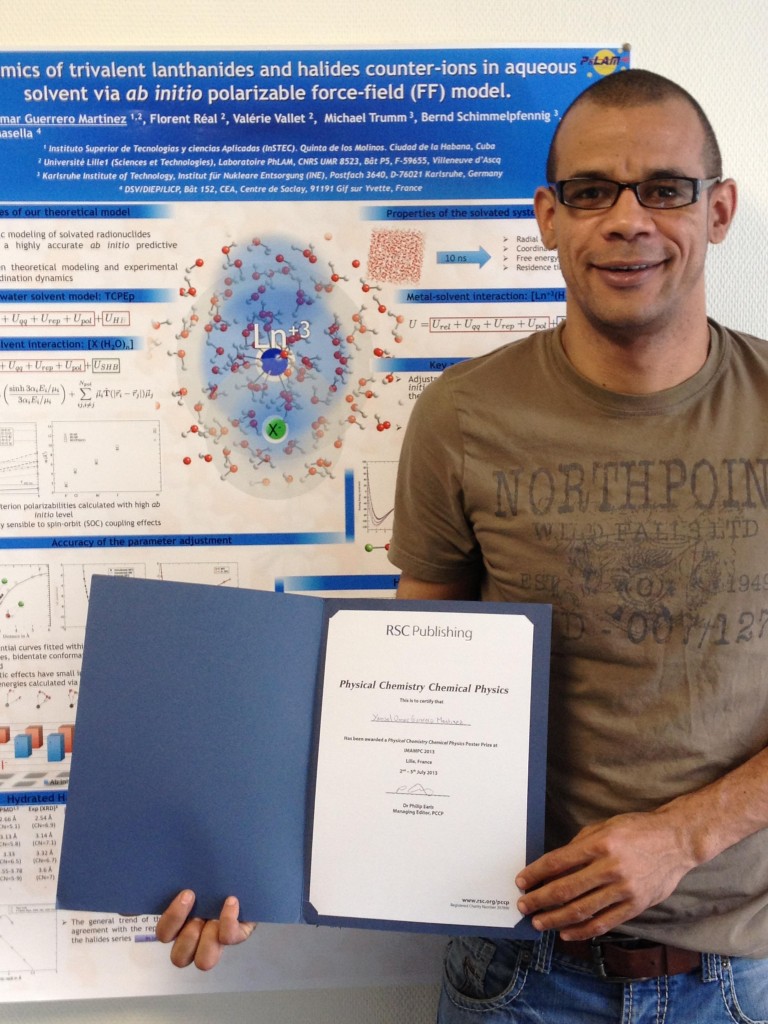
PCCP Poster prize winner at IMAMPC 2013: Yansel Omar Guerrero Martinez, INSTEC, Cuba
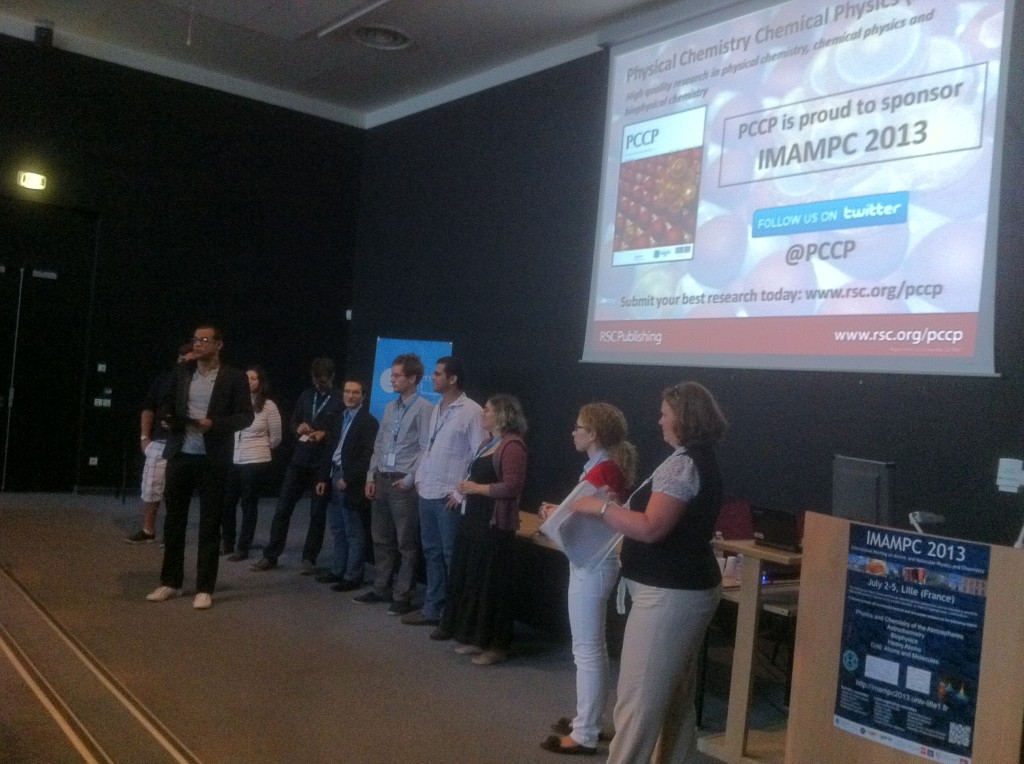
Poster award ceremony at IMAMPC
More about the winning poster…
Title: Development and application of a polarizable force-field for halides counter anions and lanthanides cations in aqueous solution
Coworkers:
YANSEL OMAR GUERRERO MARTÍNEZ (1), FLORENT RÉAL, VALÉRIE VALLET (2), BERND
SCHIMMELPFENNIG, MICHAEL TRUMM(3), AND MICHEL MASELLA (4)
(1) Instituto Superior de Tecnologías y Ciencias Aplicadas.(INSTEC). Ave. Salvador Ayende, esq. Luaces. Quinta de los molinos. La Habana. Cuba
(2) Université Lille 1 (Sciences et Technologies), Laboratoire PhLAM, CNRS UMR 8523, CERLA, CNRS FR 2416, Bât P5, F-59655 Villeneuve d’Ascq Cedex, France
(3) Institut für Nukleare Entsorgung (INE), Karlsruher Institut für Technologie (KIT), Postfach 3640, D-76021 Karlsruhe, Germany
(4) Laboratoire de Chimie du Vivant, Service d’ingénierie moléculaire des protéines, Institut de biologie et de technologies de Saclay, CEA Saclay, F-91191 Gif sur Yvette Cedex, France
Abstract:
The hydration of transition metals, lanthanides (Ln) and actinides (An) in aqueous solution is a topic that attracts the attention of many scientists as this process is of relevance to environmental problems and medicinal applications. Actinides have an environmental and toxicological interest since they are nuclear fuel wastes with both chemical and radiochemical toxicity, becoming extremely difficult to handle it from experimental point of view. In this context, a more quantitative use of the Ln/An analogy is desirable to develop theoretical approaches capable of reproduce the experimental data existing for the former and capable of predict macroscopic properties in the solvation of the latter.
In order to investigate hydration of lanthanide/actinide and halides counter ions[1], one of our goal is to develop a polarizable force-field model adjusted on state-of-the art ab initio calculations[1, 2, 3]. Another goal is to discuss the accuracy of the model by investigating the impact of the parametrization uncertainties in the bulk water model and in the metal-water interaction model on the molecular simulation results.


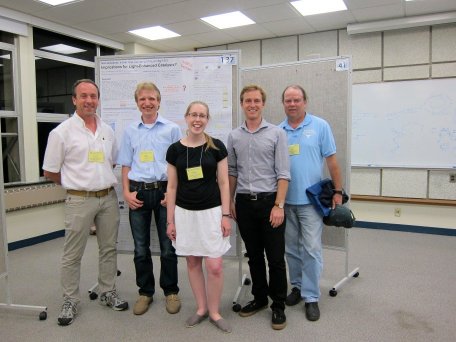









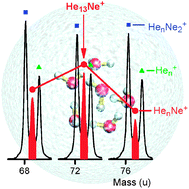
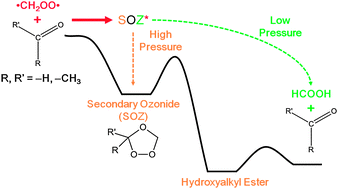

 Chemistry World Editor Jennifor Newton interviewed Cafer Yavuz from KAIST about his career in Chemistry including his
Chemistry World Editor Jennifor Newton interviewed Cafer Yavuz from KAIST about his career in Chemistry including his 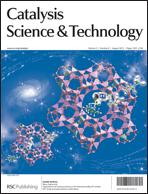 PCCP is a sister journal to
PCCP is a sister journal to  Scientists at the
Scientists at the 
